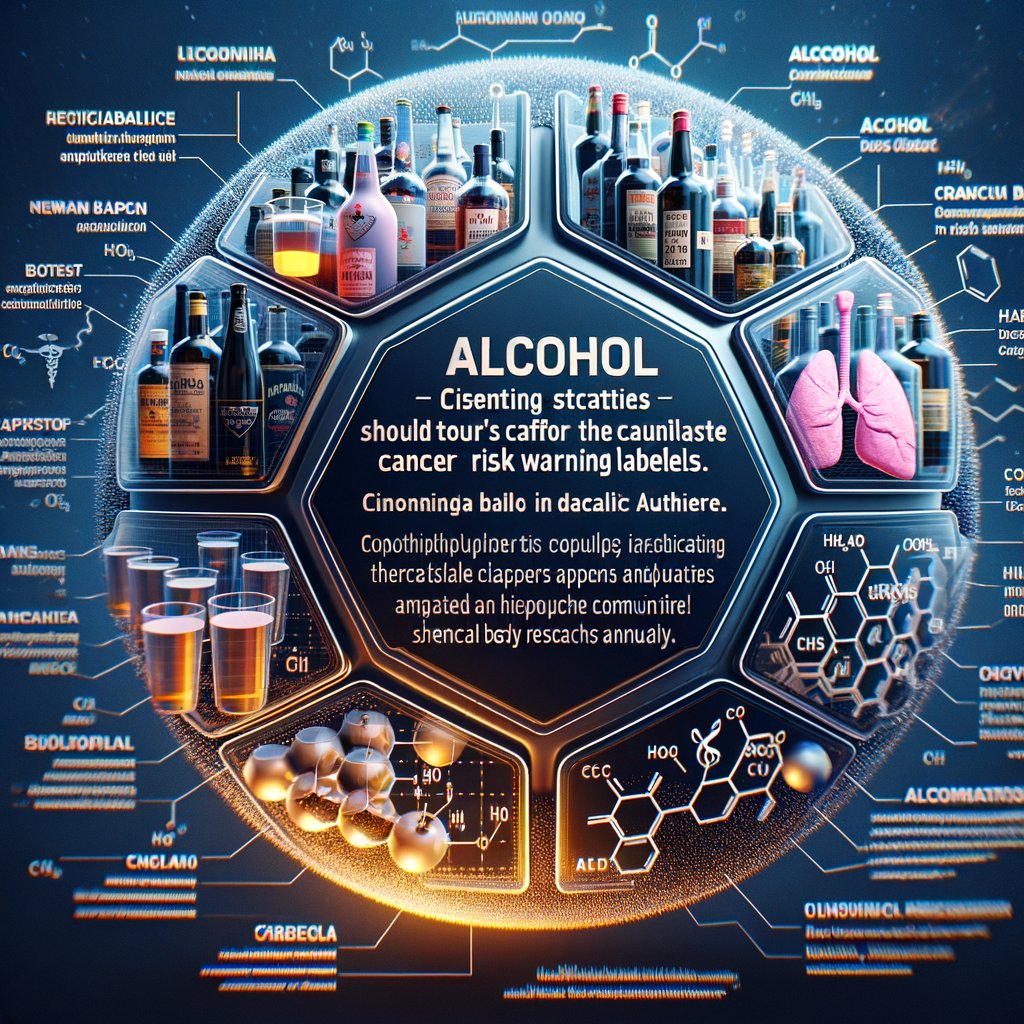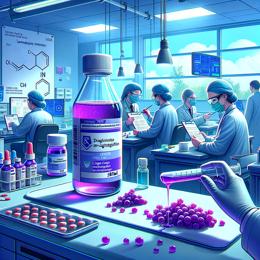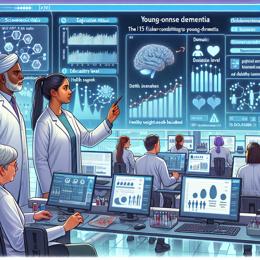Image created by AI
US Surgeon General Advocates for Cancer Warnings on Alcohol Labels
The nation's highest medical authority, US Surgeon General Vivek Murthy, has made a groundbreaking call for alcohol containers to carry health warning labels stating the risk of cancer. This bold statement aims to elevate public understanding of alcohol as a significant but preventable cause of cancer, urging Congress to modernize America's approach to alcohol consumption guidelines and public health warnings.
Alcohol's Carcinogenic Link
According to Surgeon General Murthy's statement, alcohol is the catalyst for approximately 100,000 cancer cases and leads to around 20,000 cancer deaths annually in the United States. This impact on public health is stark, especially when compared to the approximately 13,500 deaths annually attributed to alcohol-related traffic incidents. The causal relationship between alcohol and at least seven types of cancer—including breast, liver, and esophageal cancer—is now well-established. In breast cancer cases alone, 16.4 percent have been attributed to alcohol.
Current Warnings Inadequate
Introduced in 1988, the existing labels on alcoholic beverages warn about the dangers of drinking during pregnancy and impairment risks that could affect driving and operating machinery. However, these warnings do not reflect the comprehensive dangers of alcohol consumption as current scientific evidence understands them. Countries like South Korea and Ireland have already taken steps to include cancer warnings on alcohol labels, reflecting a global awareness that the U.S. is urged to mirror.
Reassessing Daily Limits
The advisory also cast doubt on the adequacy of the current U.S. dietary guidelines, which suggest a limit of two drinks per day for men and one for women. Surprisingly, 17 percent of alcohol-related cancer deaths occur within these prescribed limits, pointing to a potential need for reevaluation to ensure public safety.
The Role of Healthcare Providers
The advisory emphasizes the critical role of healthcare providers in educating patients about alcohol's risks. Through direct communication, interventions, and treatment referrals, medical professionals can play a pivotal role in preventing alcohol-related cancers.
The Biochemical Dangers of Alcohol
Alcohol contributes to cancer through multiple mechanisms. It metabolizes into acetaldehyde, which can damage DNA, leading to cancer. Alcohol also induces oxidative stress which harms DNA, proteins, and cells; disrupts hormone levels, contributing to cancers like breast cancer; and heightens the absorption of carcinogens, such as those from tobacco smoke.
This call to action by the US Surgeon General represents a significant shift in the public health approach to alcohol consumption and could lead to a critical reassessment of how risks associated with alcohol are communicated to the American public.










